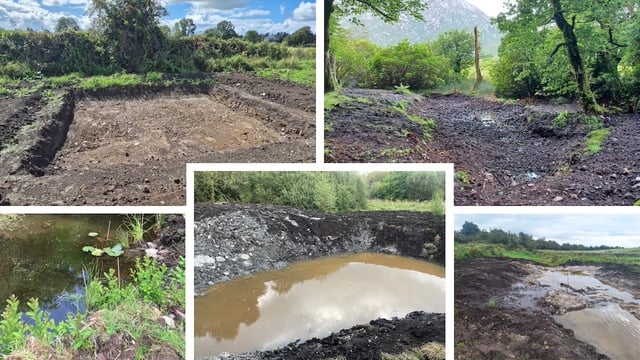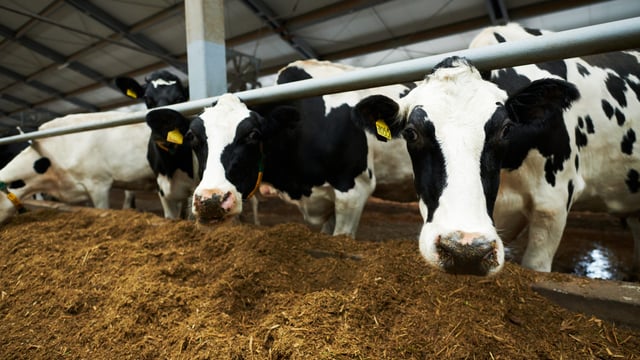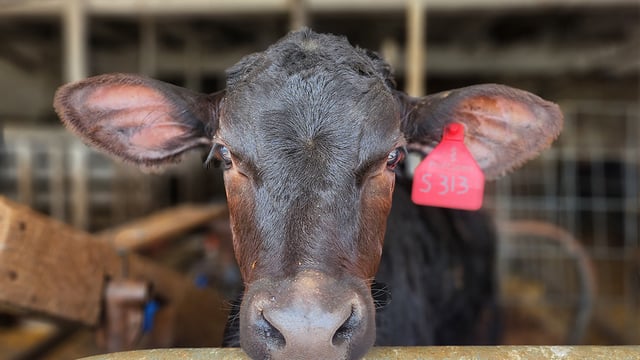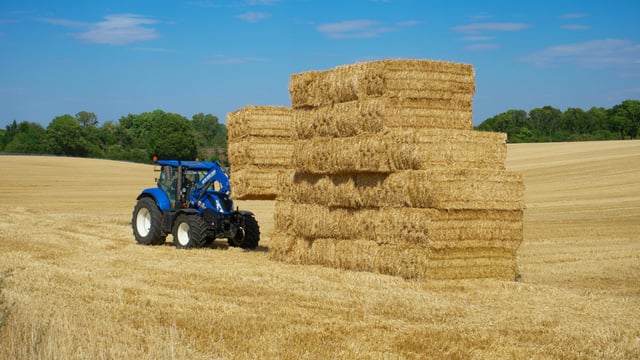Cabinet approves bill to ratify EU-Canada trade deal
The government has approved a bill which will enable the ratification of the EU-Canada Comprehensive Economic and Trade Agreement (CETA).
The Tánaiste and Minister for Foreign Affairs and Trade, Simon Harris said that once enacted the Arbitration (Amendment) Bill 2025 will allow the State to progress plans to ratify CETA and other international agreements.
"The aim of this bill is to allow us proceed with ratifying CETA and other similar agreements with investment protection provisions.
"This is a priority for the government, not least against the background of today’s volatile international trading environment," he said.
Trade
The ratification of CETA was included as a commitment in the Programme for Government.
"CETA is crucial for Ireland's credibility as a trading nation and as a favourable destination for foreign investment, supporting the growth of Irish businesses including small and medium size businesses," Harris said.
According to the Tánaiste, since Ireland's provisional application of CETA the overall Ireland-Canada trading relationship grew from €3.2 billion in 2016 in two-way trade in both goods and services to nearly €10 billion in 2023.
Last year, Ireland’s goods exports to Canada stood at €4.1 billion, more than a fourfold increase on the pre-CETA export levels of €0.9 billion in 2016.
Ireland’s goods imports from Canada stood at €1.2 billion in 2024, over double the pre-CETA import levels of €0.5 billion in 2016.
The bill will now move on to the next legislative steps, including debates in the Oireachtas.
The Tánaiste added that it is the government’s intention to have legislation in place as soon as possible.
Agri-food
In September 2025, the Ireland-Canada Economic Report: ‘Beyond Barriers – Deepening Canada-Ireland Trade and Investment’ was published by the Irish government and the Conference Board of Canada.
The report outlined that grains, especially corn, are now Canada’s largest goods export to Ireland, and was worth over $200 million in 2023.
The report added that while CETA does provide Canada with annual duty-free access for some beef and pork exports to the EU, "those exports face regulatory requirements that can dissuade exporters".
These regulations include certifications regarding the meat being free of growth hormones and certification of meat processing facilities to the EU standard.
"Even though Canada produces substantial quantities of hormone free meat products, few Canadian processing plants have made the investments needed to meet the EU standard.
"The result is that Canada exports very little meat to the EU—a very similar situation exists for the United States," the document said.
However, it was noted that drought in Europe, along with increasing feed costs, have provided some opportunities for Canadian exporters who are "willing to make the necessary compliance changes".
"More such investment would be needed if Canadian meat exporters are to realize the estimated potential increase of US$43 million indicated by our analysis," the report added.
Fertiliser
The report also noted that there is an opportunity to increase fertiliser exports from Canada to Ireland, particular potassium fertiliser.
Canada is a major global exporter of fertilisers, exporting a total of US$9.7 billion in 2023.
"While Ireland may see increased demand for potassic fertilisers to meet its soil fertility targets, the EU’s Carbon Border Adjustment Mechanism (CBAM) will introduce carbon-based tariffs on fertiliser imports starting in 2026.
"However, Canada is competitively positioned, as its potassic fertilisers are the most sustainable globally, produced with 70% less greenhouse gas emissions compared to other major producers," the report said.
The analysis also shows there is an opportunity for Ireland to increase its exports in the cereals, flour, starch or milk category.
Of the nearly $21 million of Irish exports to Canada in this product area, about one-half (by value) is infant formula products.
The report said that continued innovation and expansion of product offerings, "arekey to Irish exporters gaining market share in this product area".












